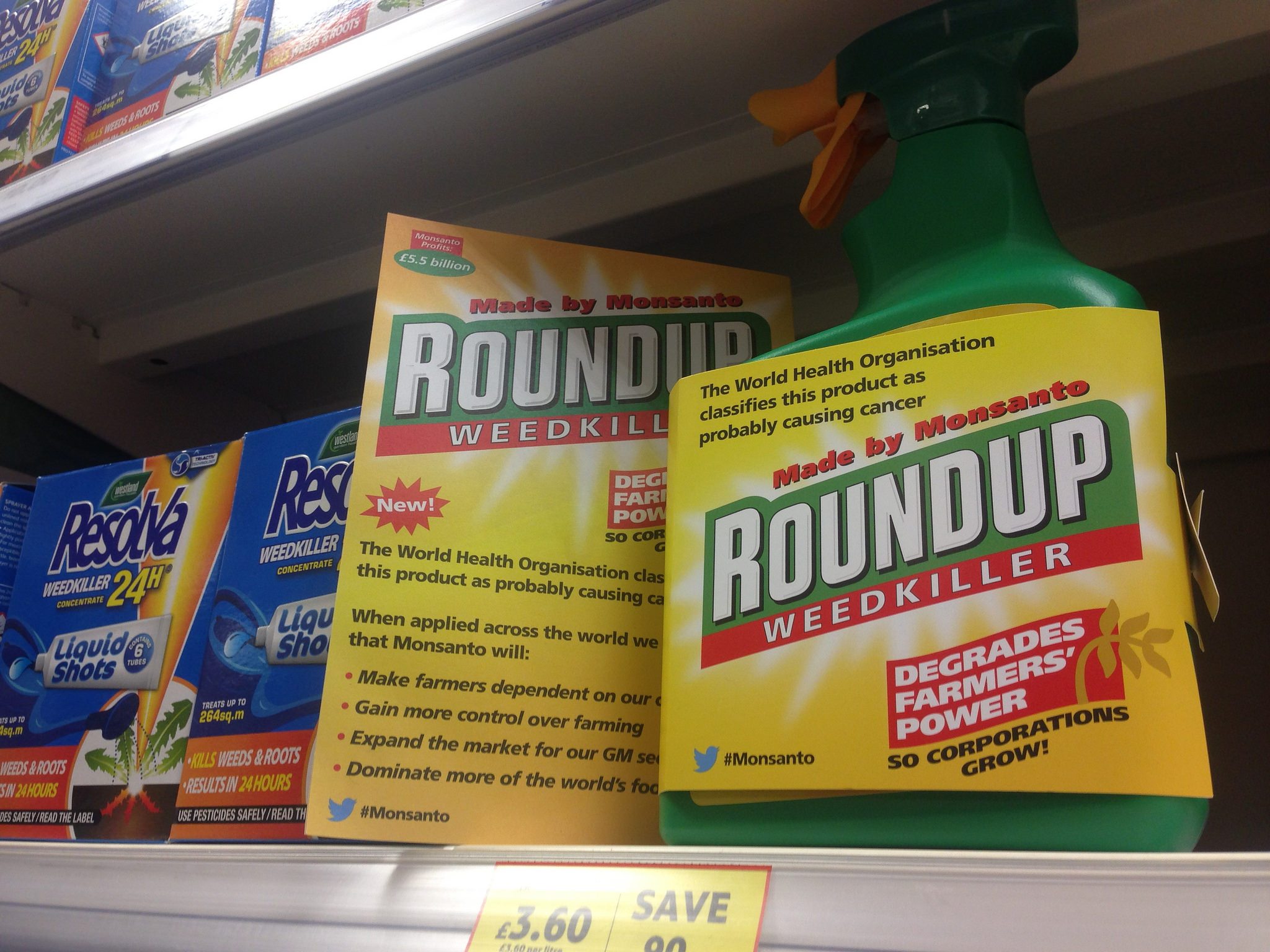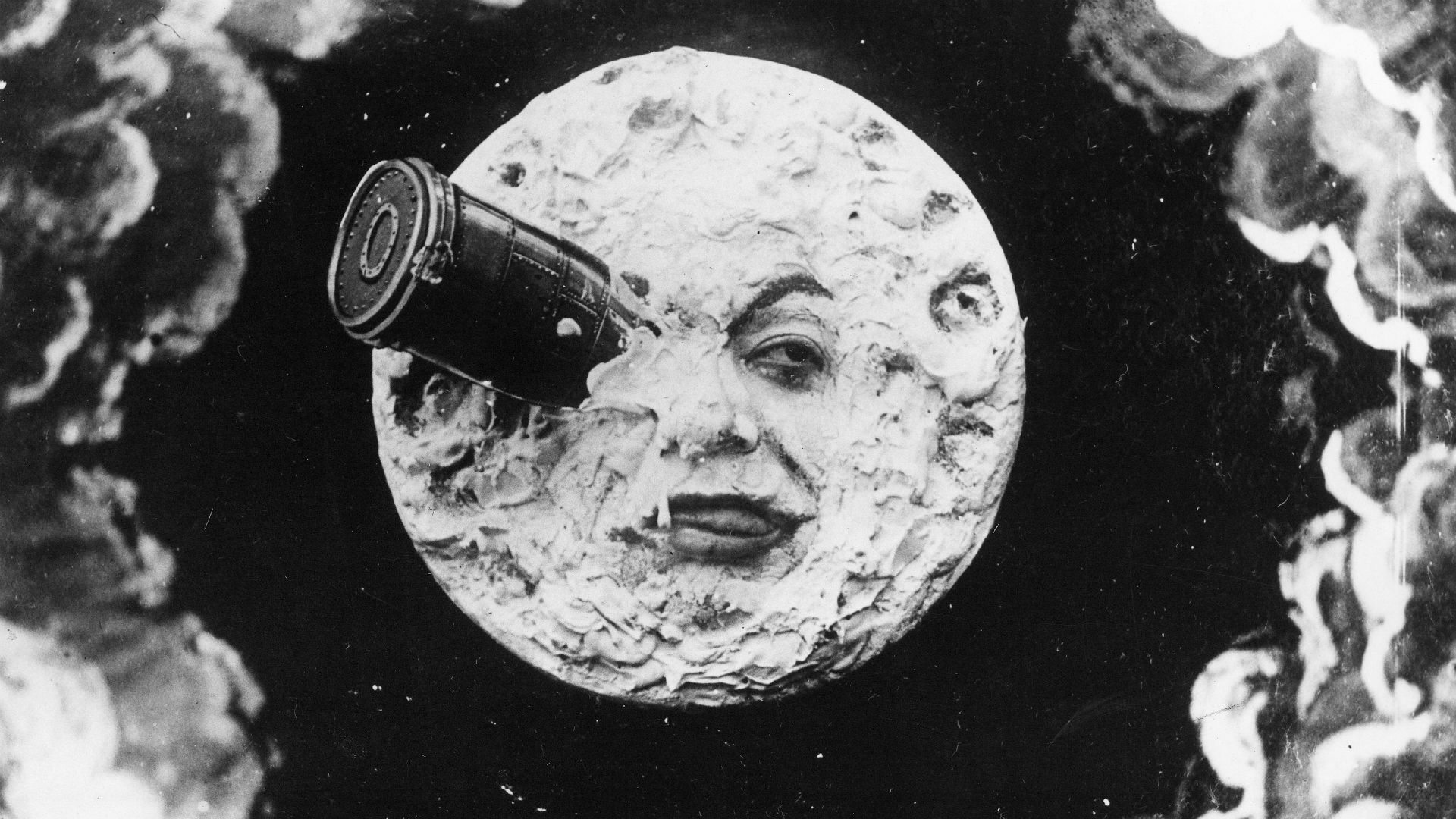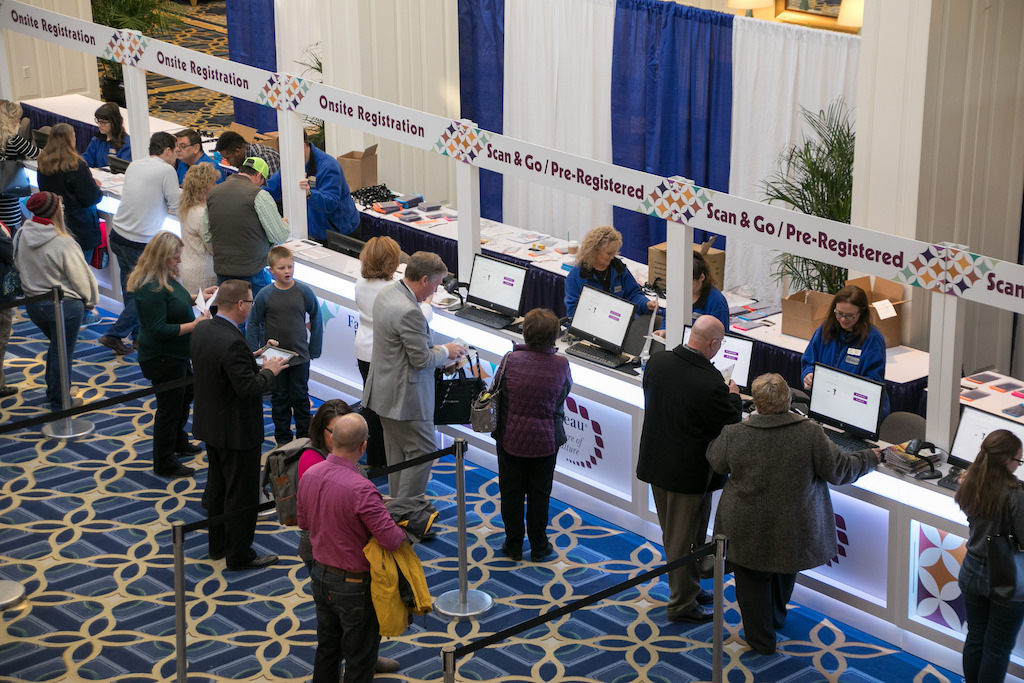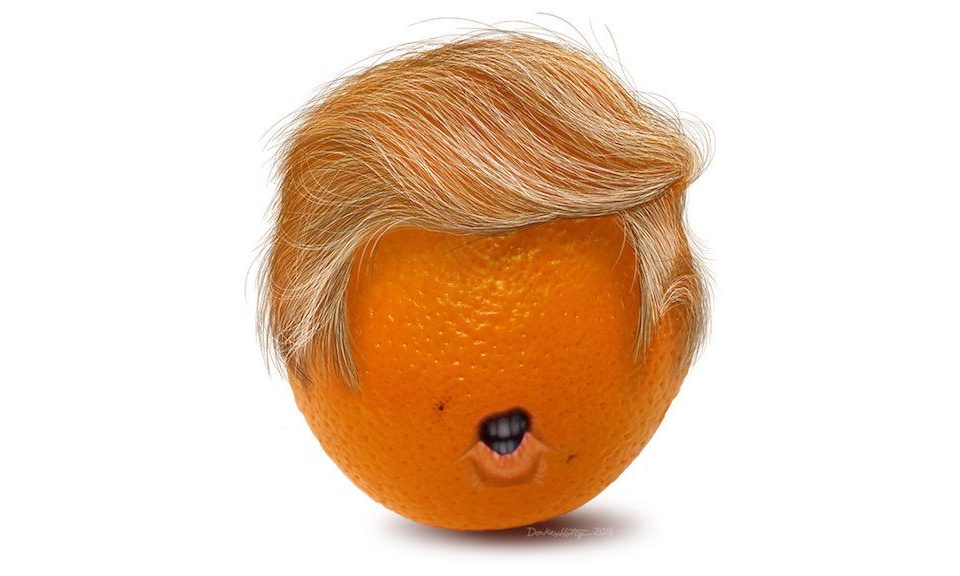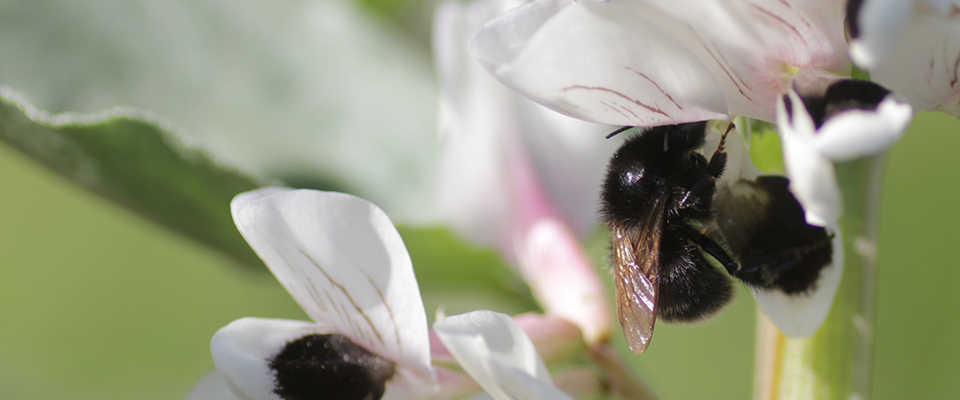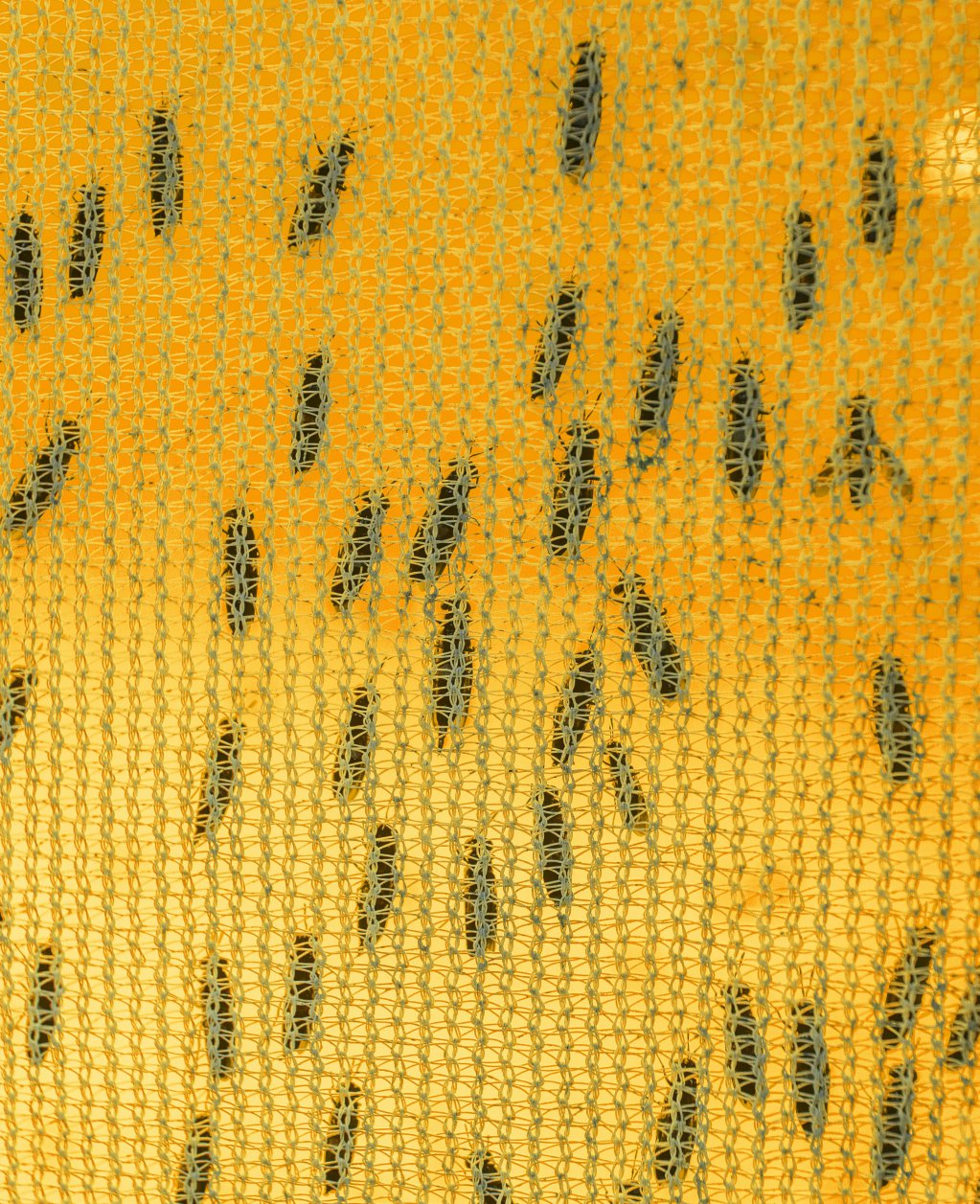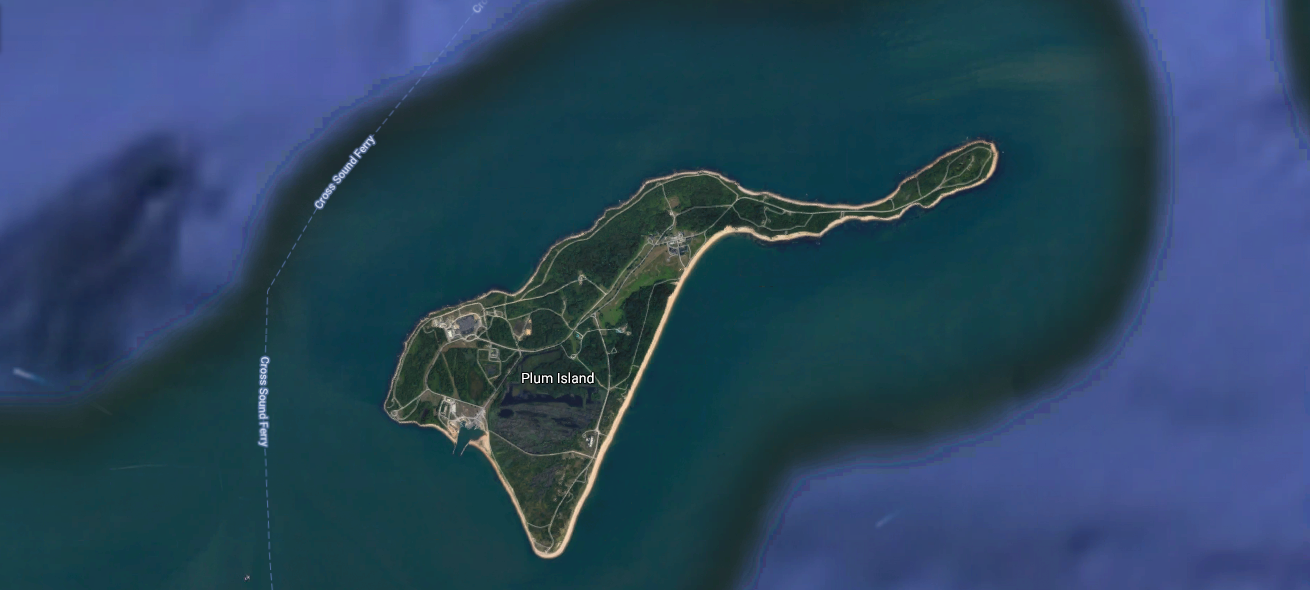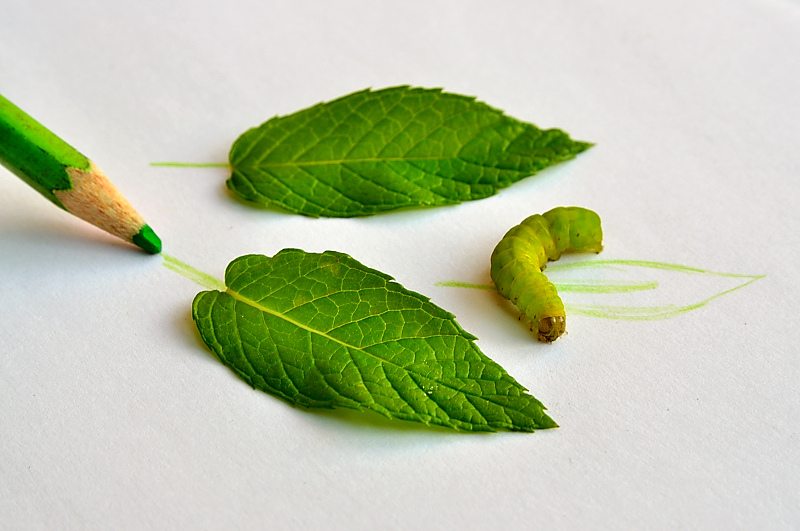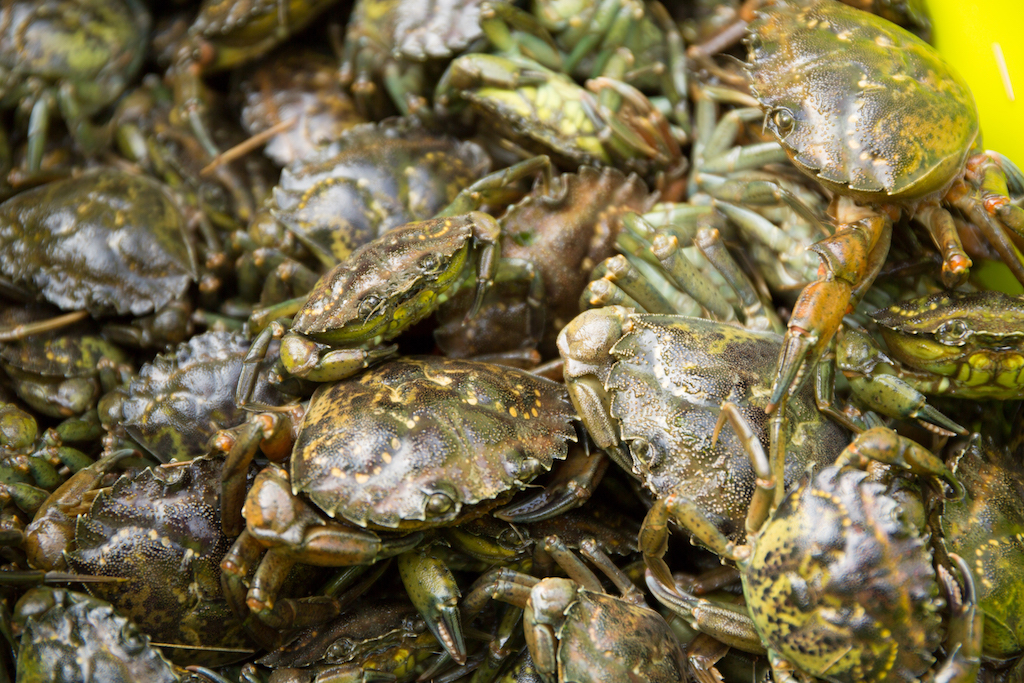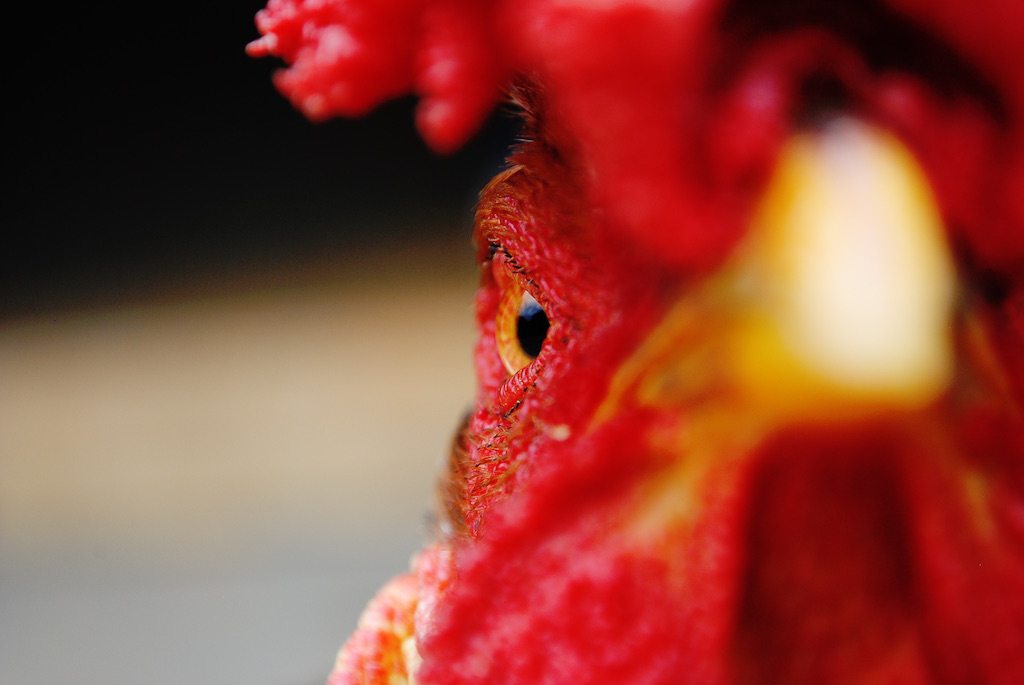If you don’t know, now you know. In March of 2015, the International Agency for Research on Cancer (IARC), the specialized cancer agency of the World Health Organization (WHO), met to review the published scientific research on five pesticides in an attempt to determine how carcinogenic to humans they are. Among them was glyphosate, the world’s most widely used herbicide, which may be more familiar to you as the active ingredient in agrochemical company Monsanto’s Roundup weed killer.
The IARC’s evaluation? Glyphosate is probably carcinogenic to humans.
Now, unless you have a couple of hours to spare, allow me to spare you from a dissertation detailing the hullabaloo that followed that IARC determination. Suffice to say it played out a little like Enron-meets-“The Insider”: first, litigation was brought by people alleging their non-Hodgkin’s lymphoma was attributable to glyphosate. Next, potentially damning internal documents from Monsanto were uncovered, showing it may or may not have ghostwritten some favorable research on the herbicide. Then, it was revealed that a high-level Environmental Protection Agency official possibly killed a glyphosate review. And court documents were reviewed by Reuters that indicate IARC chair Aaron Blair may have been aware of new data showing no evidence of a link between glyphosate and cancer when the agency made its “probably carcinogenic” assessment.
Didya get all that? Good. Moving on to the latest disappointment for Monsanto. California’s Office of Environmental Health Hazard Assessment (OEHHA) said on Monday it would add glyphosate to the state’s list of chemicals known to cause cancer. The move is required under a law known as Proposition 65 (officially known as the Safe Drinking Water and Toxic Enforcement Act of 1986), which mandates that the state maintain and publish such a list and update it once a year. There are more than 800 chemicals currently listed, including additives, foods, drugs, dyes, solvents, and common household products.
In March, Monsanto attempted to challenge the listing in trial court, but a Superior Court judge ruled that none of the company’s objections were viable and the state of California could proceed with the process. Mosanto has since appealed. As of this week no stay has been granted, meaning glyphosate will be added to the list on July 7. The company will then have until August of 2018 to meet the law’s labeling requirements, which dictate that consumer products carry a warning symbol and the following language: “This product can expose you to chemicals including [name of one or more chemicals], which is [are] known to the State of California to cause cancer. For more information go to www.P65Warnings.ca.gov.”
Monsanto told the Los Angeles Times on Tuesday it “will continue to aggressively challenge” the court’s decision.
